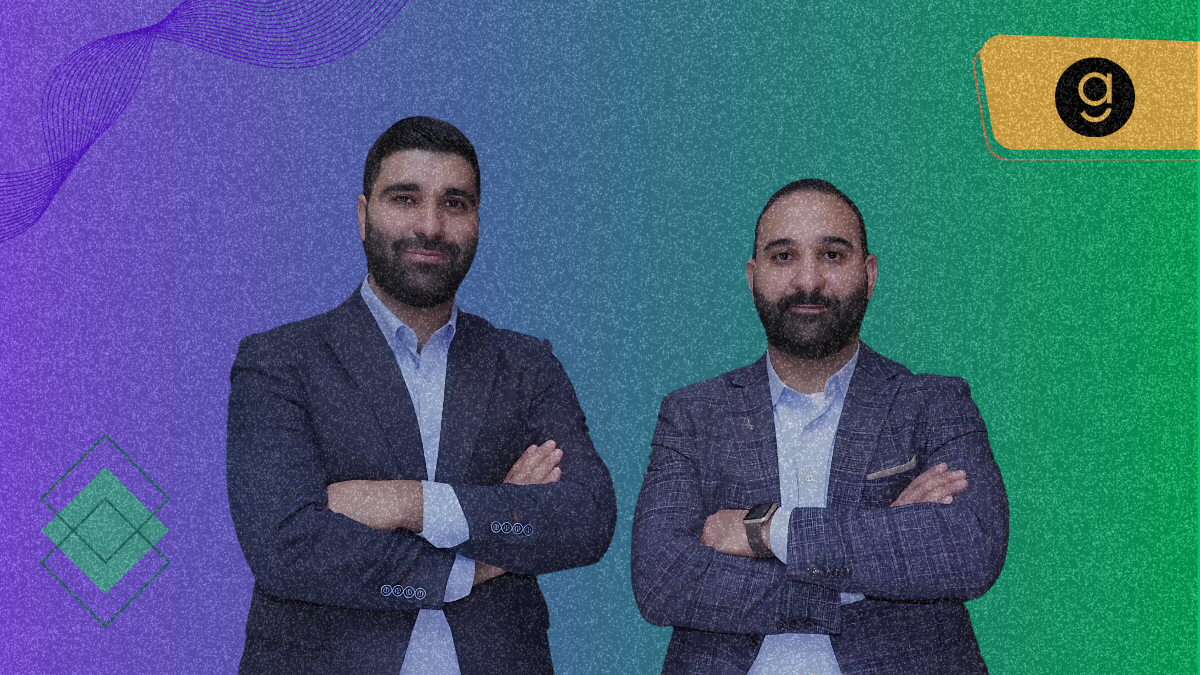Techne Cairo Summit 2025 Recap: Egypt’s Startups Set Sights on Global Innovation

5 min
Cairo hosted the vibrant Techne Cairo Summit 2025, coinciding with Egypt Innovation Week.
Focus ranged from AI to commerce, balancing glossy displays with practical policy debates.
Highlight included transforming historic sites into innovation hubs, blending tradition with tech growth.
Startups discussed essential IPO strategies while stressing investor mentorship beyond financial support.
Talks explored digital transformation in healthcare, retail logistics, and potential tax reforms for startups.
Cairo was buzzing this week at the Techne Cairo Summit 2025, where entrepreneurs, investors, and officials flocked to exchange ideas on everything from AI to quick commerce. Spread across two days, and cleverly timed with the first edition of Egypt Innovation Week, the summit struck a balance between glossy showcases and gritty debates about policy and practical challenges.
The opening was marked by Tarek A. El Kady, long recognised as one of the region’s startup champions, welcoming the crowd. His words were quickly followed by Sweden’s ambassador, who reminded everyone that his country ranks second worldwide on the Global Innovation Index. That’s no small claim, and it underscored a recurring theme: Egypt wants to plug its ecosystem into the global circuit rather than reinvent the wheel locally.
Ahmed Elzaher from ITIDA added a splash of symbolism by highlighting how the historic Sultan Hussein Kamel Palace has been transformed into a Creativa Innovation Hub. Restoring heritage while filling it with coding classes and startup incubators—now that’s a mix you don’t see every day. And let’s be honest, in a sector where everyone is chasing shiny new things, rooting innovation within Egypt’s own identity feels spot on.
Money and exits, not surprisingly, dominated many of the sessions. Dr. Mohamed Farid from the FRA hammered home that IPOs and solid exit strategies aren’t optional—they’re vital. He argued that without them, Egypt’s startup scene risks being stuck in ‘middle gear’. I reckon he has a point; plenty of bright entrepreneurs have hit a ceiling because investors couldn’t see a path to cash out.
On the flip side, Ahmed El Alfi from Sawari Ventures steered the conversation back to people. Three decades in the trenches have given him a unique vantage point. His reflection was blunt: more investors need to roll up their sleeves in mentorship and not just write cheques. That felt like a gentle nudge to newer funds enjoying the current wave of attention.
Big corporates also joined in. Nestlé’s regional services head, Damien Lorois, explained how Cairo has quietly become a hub for the company’s operations, crediting youthful talent as the engine. It reminded me of a chat I once had with a young Egyptian founder at a smaller summit Arageek covered; he said half-joking, “our brains are the only natural resource that’s truly renewable.” That line keeps ringing in my ears when I listen to these debates.
Healthcare, too, got its fair share of airtime, with hot discussions on how Egypt’s universal insurance scheme is rolling out and whether tech is keeping pace. Some speakers flagged gaps in digital infrastructure, while others showcased solutions already streamlining patient data and drug supply. If you’ve ever waited in an Egyptian pharmacy queue, you’ll appreciate just how badly digitisation is needed.
Day two swerved into very practical territory: dark stores redefining retail, quick commerce logistics, and even social media strategies for sports clubs. One comment stuck out—Ahmed Hamouda from Jidran saying speed trumps all in e-commerce. No surprise, but hearing it phrased so bluntly hit home. Consumers, myself included, get impatient if delivery drags, and the startups know it’s their make-or-break.
Finance Minister Ahmed Kouchouk made headlines by pitching a simpler tax regime for startups. He insisted reforms are about trust, not just figures, and pointed to digital tax tools as proof. Now, bureaucracy in Egypt has always been a bit of a faff, so if these changes really flow through, entrepreneurs will be chuffed to bits. That said, many in the hall seemed understandably cautious—similar promises have floated around before.
AI popped up everywhere: in education, in healthcare, even in consumer behaviour analysis. The buzzword fatigue is real, but some sessions managed to anchor it to local impact. For example, one workshop showed how teachers could use AI as an assistant to free up classroom time. Simple, but practical. The kind of idea that stands a chance of moving beyond shiny pilots.
By the close, Mayen Dedecouka from the Global Startup Awards gave a reminder that culture is not an obstacle but an advantage. Local context, she said, is what makes a startup unique on global markets. That conclusion struck quite the chord. Because at the end of the day, Egypt doesn’t need to become Silicon Valley—it needs to be Egypt, with its young workforce, hungry entrepreneurs, and, yes, its own hiccups. And believe it or not, those hiccups might be what set the ecosystem apart.
Walking out, I couldn’t shake the feeling that the summit was more than a networking parade. With hundreds of thousands of graduates entering the job market each year, innovation has shifted from a buzzword to a survival strategy. And if Techne Cairo Summit 2025 is anything to go by, Egypt’s startup community is definately determined to write its next chapter with both grit and imagination.
🚀 Got exciting news to share?
If you're a startup founder, VC, or PR agency with big updates—funding rounds, product launches 📢, or company milestones 🎉 — AraGeek English wants to hear from you!
✉️ Send Us Your Story 👇
 LEAP26
LEAP26 AI
AI Saudi Arabia
Saudi Arabia UAE
UAE Egypt
Egypt








